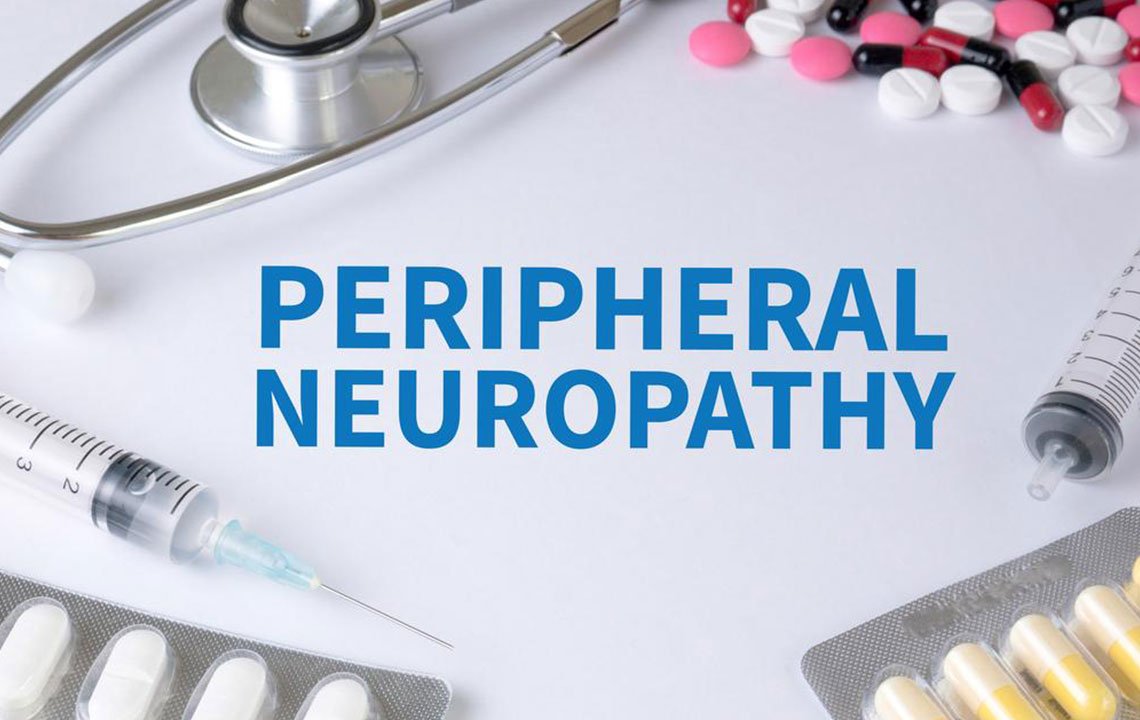Effective Approaches to Managing Persistent Nerve Pain
Learn effective methods to manage long-term nerve pain through medication, lifestyle changes, and proper diagnosis. Understanding symptoms and treatment options can significantly improve quality of life for those affected by chronic neuropathic discomfort.

Approaches for Controlling Chronic Nerve Discomfort
Damage or illness impacting sensory nerves can disrupt their signaling to the brain, resulting in numbness or total sensation loss. Alternatively, nerve injuries can cause ongoing pain in affected areas. Neuropathic pain develops gradually, fluctuating in intensity and often characterized by a persistent, bothersome ache that worsens or improves based on various triggers.
Neuropathic pain is commonly associated with conditions like diabetic neuropathy or spinal issues. Injuries to the spinal cord or brain may also lead to severe nerve-related discomfort. Proper medication is essential for effective relief.
Major risk factors
Nerve pain results from disruptions in the sensory nervous system. Conditions such as carpal tunnel syndrome, traumatic nerve injuries, cancer treatments, shingles, multiple sclerosis, strokes, HIV, vitamin deficiencies, or diabetes are typical causes.
Identifying Symptoms of Nerve Discomfort
Neuropathic pain can be difficult to recognize solely through symptoms. Patients often describe feelings of burning, itching, stabbing, hot sensations, or heightened sensitivity. Some may find even light touch or pressure uncomfortable. Healthcare providers utilize various pain assessment tools—numeric scales or facial graphs—to evaluate severity, especially when patients have difficulty describing their discomfort.
Using Antidepressants for Pain Management
Many medications are approved to treat nerve pain. Tricyclic antidepressants like amitriptyline, desipramine, and nortriptyline are frequently used. The time to see relief varies; some patients respond quickly. Other options include SSRIs such as citalopram and paroxetine, as well as bupropion and venlafaxine for specific cases.
Antiseizure and Cardiovascular Drugs
Medications like gabapentin, lamotrigine, phenytoin, and carbamazepine are common choices for nerve pain but may be less effective in chronic situations. When necessary, doctors may prescribe medications for cardiac arrhythmias, but only under careful medical supervision due to potential side effects.
Additional Therapeutic Strategies
Topical treatments such as capsaicin patches and lidocaine gels or patches can offer moderate relief. Although narcotics are sometimes considered, most clinicians prefer to avoid them unless absolutely necessary, emphasizing the importance of managing underlying causes. Lifestyle modifications—like reducing alcohol intake, quitting smoking, maintaining a healthy weight, and practicing ergonomic habits—are critical for prevention and symptom control.
Effective pain management relies on appropriate medication use combined with healthy lifestyle choices. Early intervention and habit adjustments can help prevent nerve damage and enhance life quality for sufferers.


